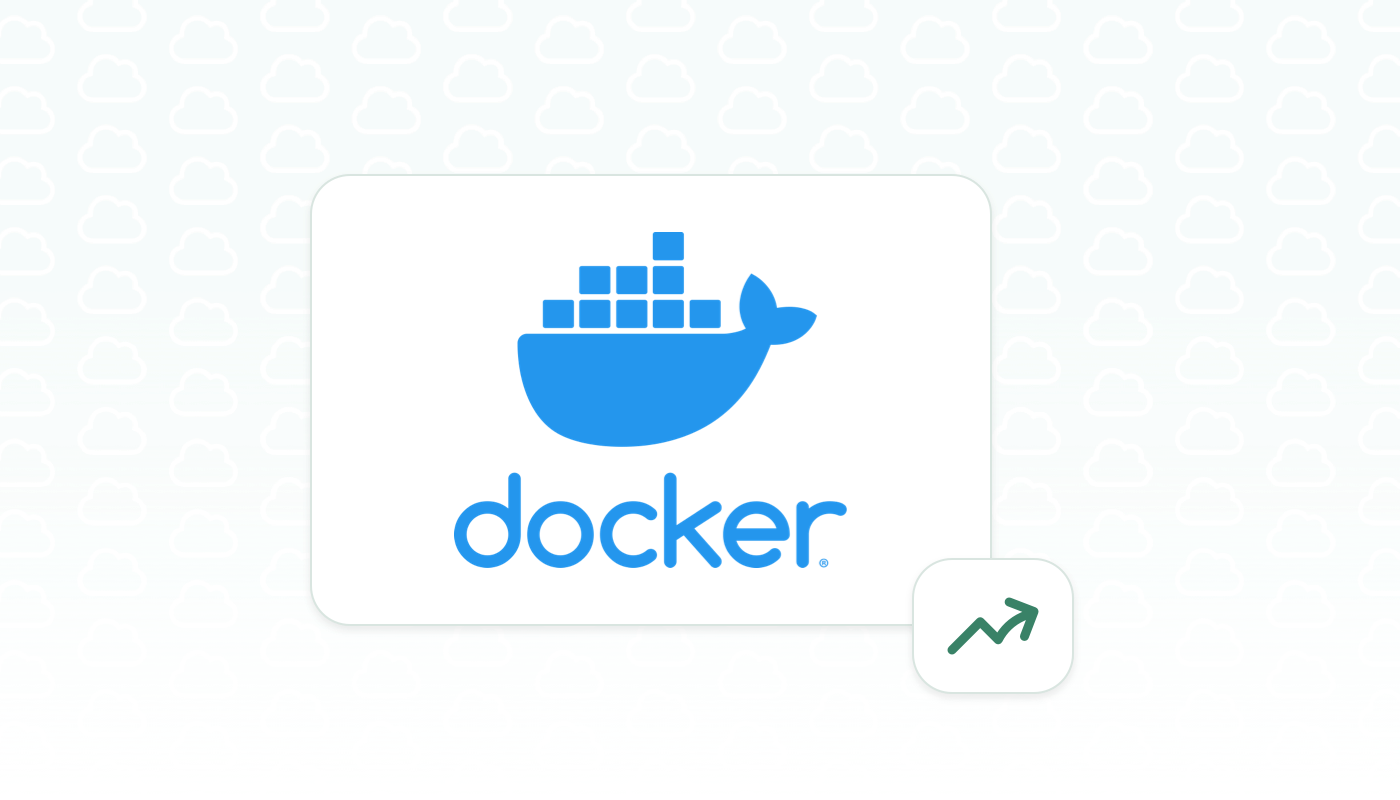The Role of Docker and Containers in Modern Development
In the rapidly evolving landscape of software development, the advent of containerization, with Docker leading the charge, has undeniably played a significant role in shaping how applications are built, deployed, and managed.
What are Docker and Containers?
Docker is an open-source platform that automates the deployment, scaling, and management of applications using containerization. A container is a lightweight, standalone, executable package that includes everything needed to run a piece of software, including the code, a runtime, libraries, environment variables, and config files.
Why are Docker and Containers Important?
With Docker and containers, developers can ensure that their applications will run on any machine and any cloud without worrying about the underlying infrastructure. This portability is one of the main reasons why Docker and containers have gained immense popularity.
Containers also isolate applications and their dependencies into separate environments, reducing conflicts and increasing security. They are lightweight, as they share the host system’s OS kernel, which makes them more efficient than traditional virtual machines.
Docker and Containers in Modern Development
Continuous Integration and Continuous Delivery (CI/CD)
Docker's ability to package and distribute software consistently across environments is a boon for the CI/CD process. Developers can build a Docker image of their application, which can then be tested and deployed to any environment in a predictable manner, ensuring a smoother path from development to production.
Microservices and Monoliths
Docker and containers have revolutionized how developers approach application architecture, offering benefits for both microservices and monolithic applications.
In a microservices architecture, applications are broken down into smaller, independent services that can be developed, deployed, and scaled individually. Each microservice can be encapsulated within its own container, enabling seamless scalability, independent deployment, and improved fault isolation. This modular approach allows development teams to work on different services simultaneously, making it easier to maintain and update specific components without affecting the entire application.
While microservices architectures have gained popularity for their scalability and flexibility, it's important to note that monolithic applications can also benefit from being used as Docker containers. By containerizing a monolithic application, you can leverage the advantages of containerization, such as consistent runtime environments, easy deployment, and efficient resource utilization. Docker containers provide a reliable and portable packaging format that allows monolithic applications to be deployed and managed consistently across different environments.
Containerizing monolithic applications can simplify deployment processes, enable easier horizontal scaling, and improve the overall maintainability of the application. It provides a way to encapsulate the entire application and its dependencies, ensuring consistency and reproducibility in various deployment scenarios.
Whether you're adopting a microservices architecture or working with a monolithic application, Docker and containers offer valuable benefits that can enhance the development, deployment, and management of your applications.
DevOps Practices
DevOps is all about unifying software development (Dev) and software operation (Ops). Docker containers play a crucial role in implementing DevOps practices by maintaining environment consistency across the development, testing, and production stages. This reduces "it works on my machine" issues and allows for more efficient collaboration between development and operations teams.
Scalability and Infrastructure Management
Scaling applications and managing infrastructure are further areas where Docker shines. By encapsulating an application and its dependencies into a Docker image, you can easily create multiple container instances as demand increases. However, manually managing these containers and their infrastructure can be a challenging task.
This is where Nodion, our robust Platform-as-a-Service (PaaS) solution, comes into play. Nodion takes over the complexities of infrastructure management, allowing you to scale your applications effortlessly. Instead of dealing with server configurations and orchestrating multiple containers, you can focus on what truly matters – creating amazing applications. Nodion takes care of everything else, including automatic scaling, load balancing, logging, and much more.
With Nodion, you get the best of both worlds – the flexibility, isolation, and scalability of Docker containers, and the convenience and simplicity of a managed platform.
Local Development
Docker also streamlines local development. Developers can spin up containers that mimic live environments on their local machines, reducing setup time and ensuring consistency across the team.
Conclusion: Docker and Containers are Fundamental in Modern Development
The rise of Docker and containers has fundamentally changed how developers think about, and work with, applications. From enabling efficient CI/CD pipelines, to facilitating microservices architectures, to enhancing DevOps practices, Docker has proven itself to be an essential tool in modern development.
As we move further into an era where portability, scalability, and consistency are key, it's clear that Docker and containers will continue to play an integral role in shaping the future of software development.
Want to take advantage of Docker and containerization in your development process? Try Nodion, a robust Platform-as-a-Service (PaaS) solution that simplifies the complexities of application development and deployment. Nodion seamlessly integrates Docker and container-based workflows, making it easier for you to focus on what truly matters: building great software. Sign up for Nodion today!

